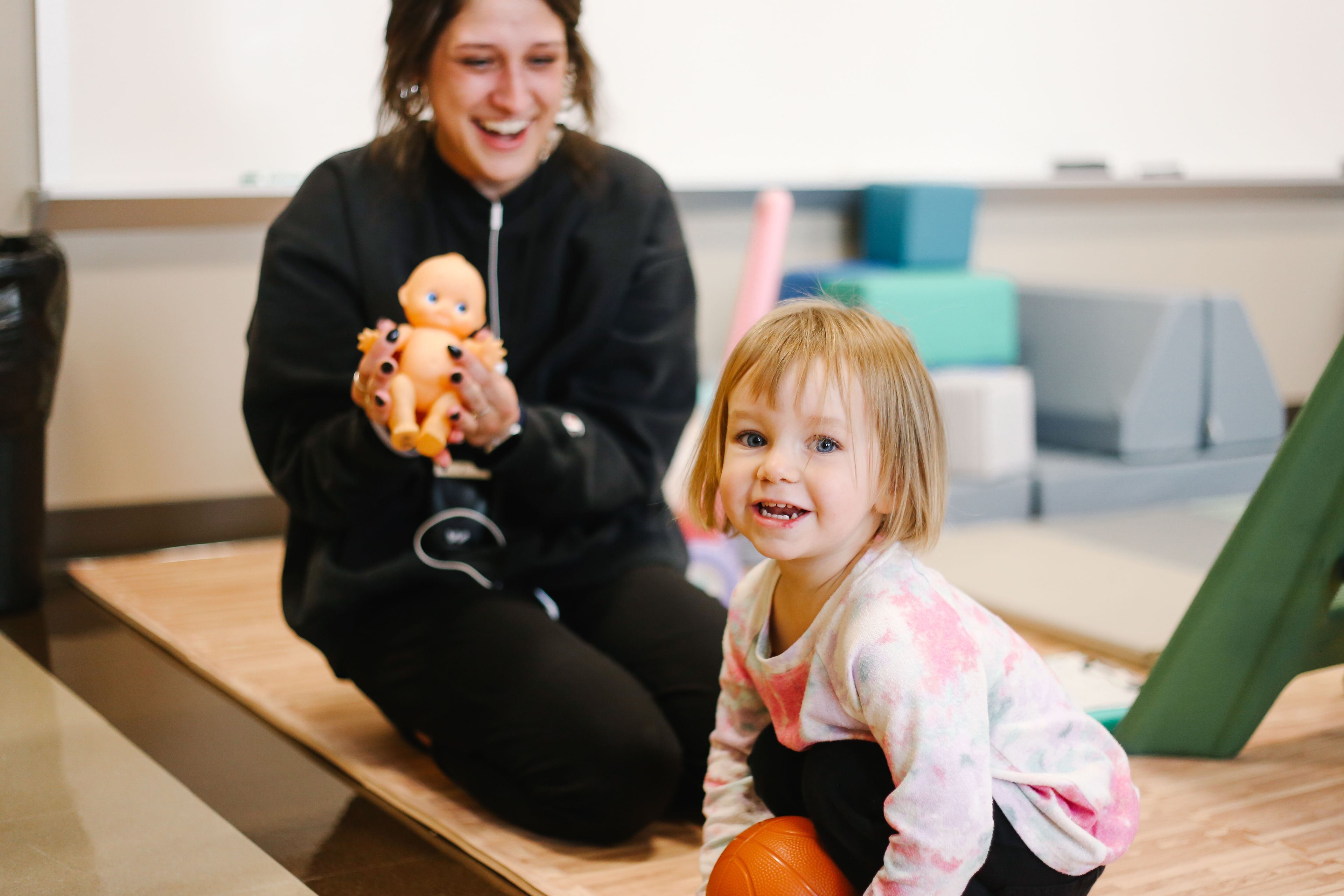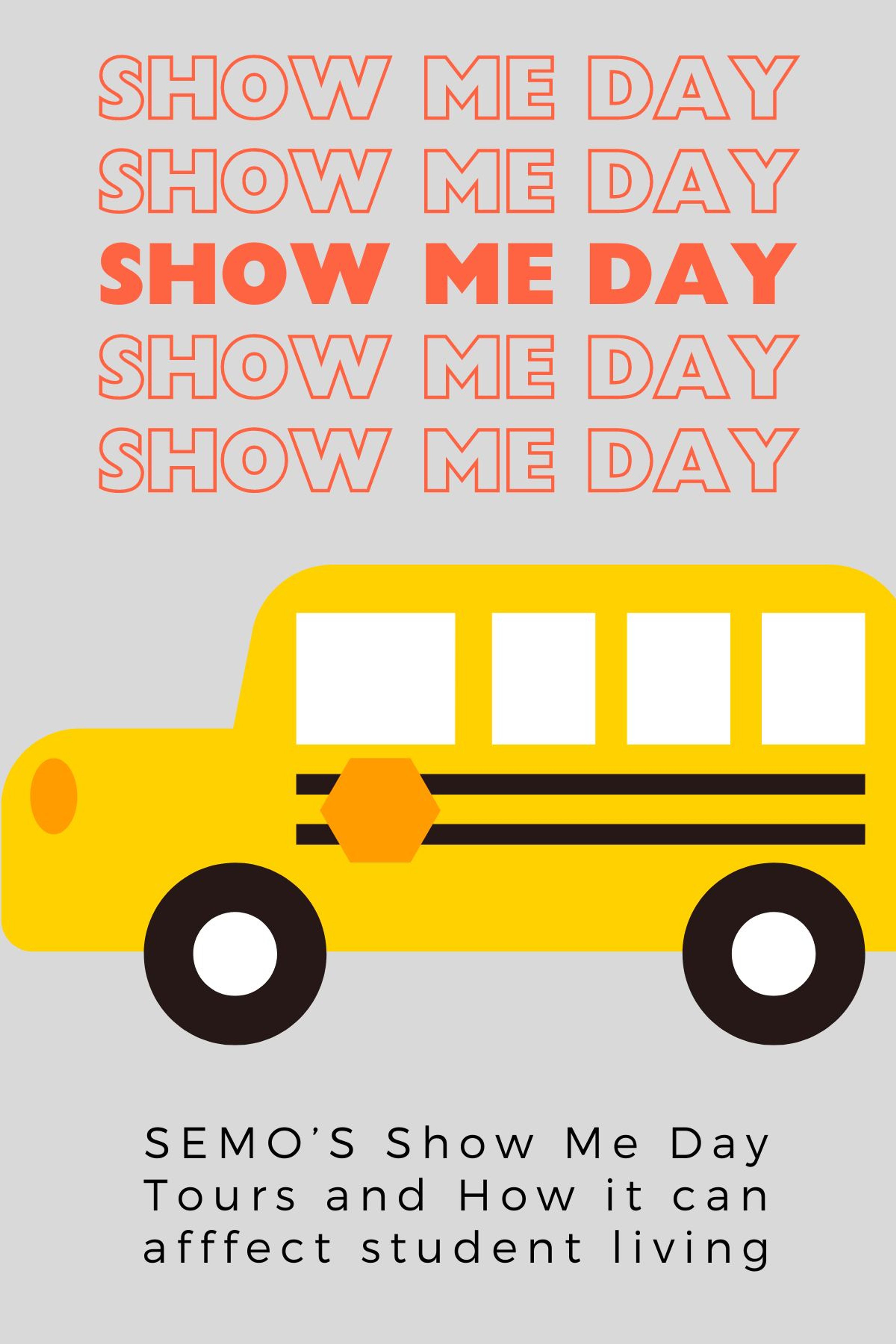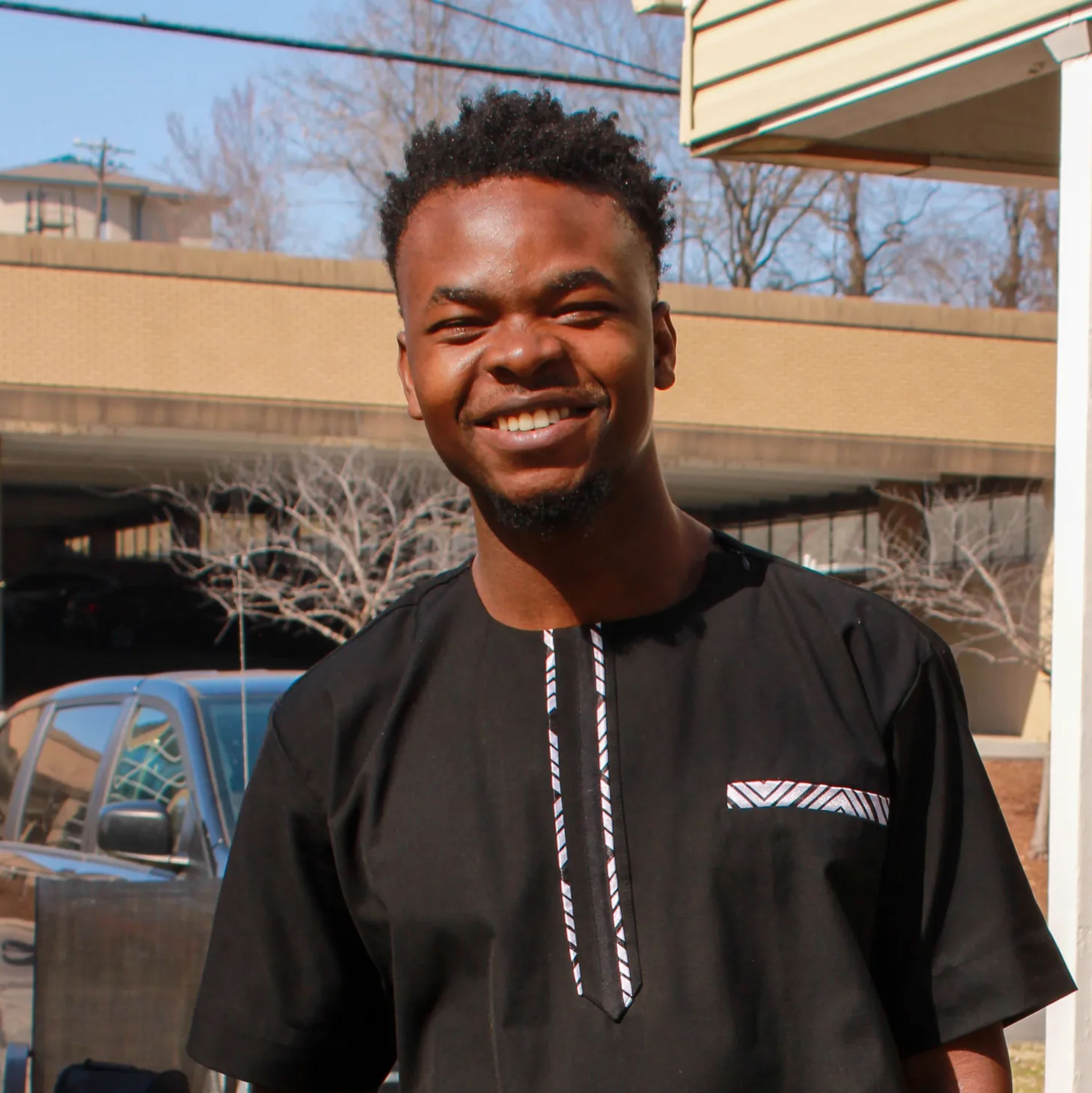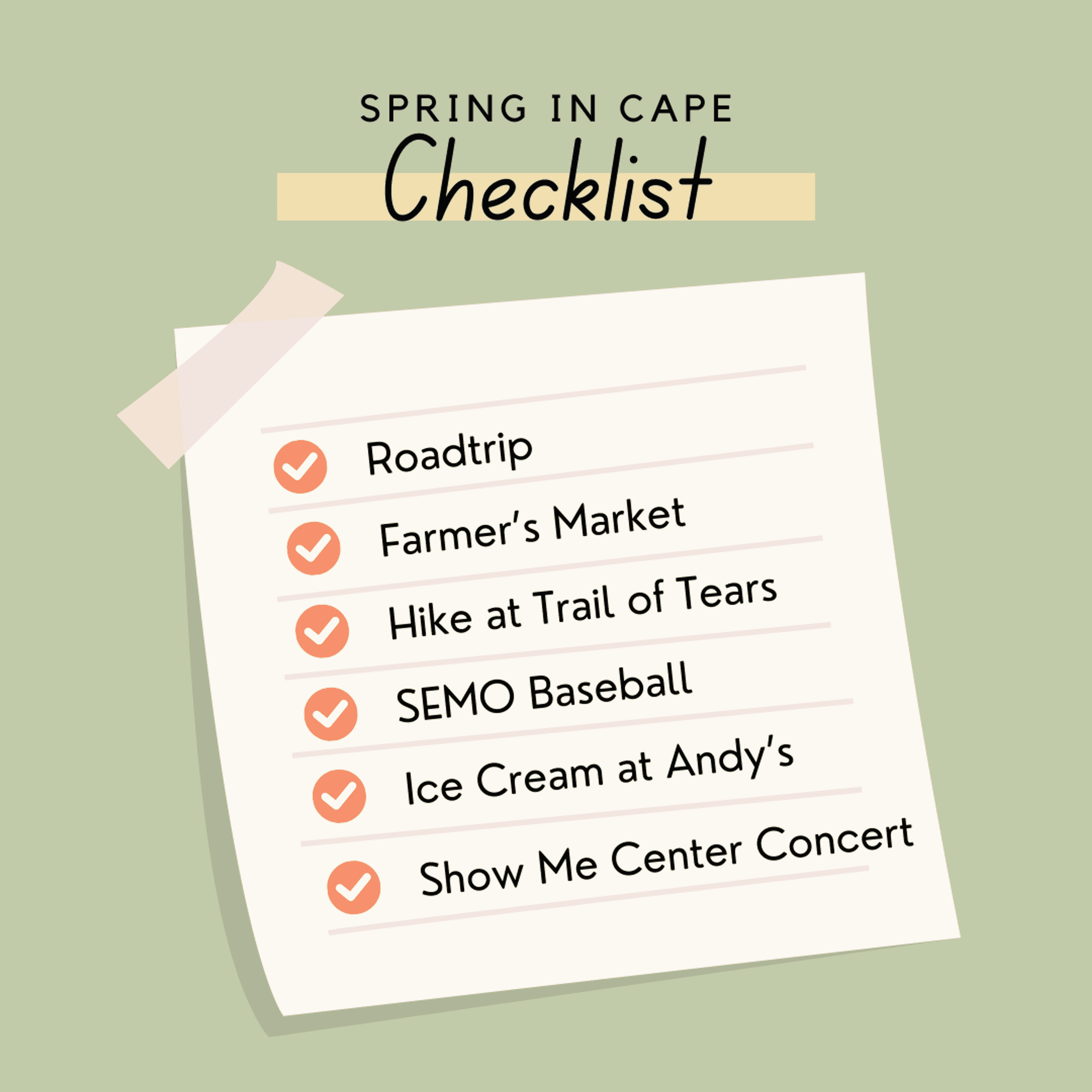Admissions counselor answers students' frequently asked questions
The Office of Admissions at Southeast Missouri State University has admissions counselors who work with potential students from the time they express interest in attending Southeast to the time they arrive on campus. They are most likely to be the first person that a new Southeast student meets or talks to before attending classes at the university. Therefore, how counselors present the university to potential students can be paramount when they decide which school to attend...
The Office of Admissions at Southeast Missouri State University has admissions counselors who work with potential students from the time they express interest in attending Southeast to the time they arrive on campus. They are most likely to be the first person that a new Southeast student meets or talks to before attending classes at the university. Therefore, how counselors present the university to potential students can be paramount when they decide which school to attend.
Counselors have assigned territories, including areas in Missouri and Illinois, to which they travel to answer students' questions. Admissions counselor and Southeast alumna Lauren McNamara said the biggest area for recruiting is within a 50-mile radius of Cape Girardeau and that 30-40 percent of Southeast's incoming students are from the area and St. Louis. McNamara, who works with private high schools in St. Louis, said that because of potential students' diverse needs and interests, counselors answer different types of questions every time. McNamara said that parents focus more on future-related questions such as graduation rates and internship programs that Southeast has to offer.
McNamara shared the most frequently asked questions that she addresses and how she answers them, including questions asked by parents and students.
Q: What is there to do in Cape Girardeau?
For me, Cape Girardeau is the epitome of a college town. A lot of students come from St. Louis, so they are used to everything at their fingertips. I'm from St. Louis as well, so for me I still have everything that I need. I have a mall, Target, every chain restaurant that you can think of, movie theater, bowling alley, and a ton of things to do for outdoor recreation and the downtown area also is an amazing opportunity for students to experience the nightlife as well as a Sunday afternoon at the boutiques or antique shops. So really, I think Cape Girardeau is an awesome college town and that's pretty much what I tell them.
Q: What clubs can I join?
We say pretty much everything. You know, there are more than 150 student organizations for students to join. A lot of them will be similar to what they have offered to them in high school but at a much larger extent. Like we had that Squirrel Squirrel Yoga club, anime club. So depending on what their interests are from the conversation that I had with them I kind of lean them towards clubs that they may be interested in. Intramural sports are huge. A ton of people want to get involved in intramurals because they may not be able to take it to the Division I level but still be able to compete.
Q: Am I going to meet students from other countries or other states?
It's neat to see them excited about that opportunity. It's something that we are seeing more and more, especially students who are minorities maybe in their high schools. They want to make sure that they are coming to a campus that they are going to feel welcome to and I think Southeast has a lot to offer in that regard.
Q: Are there internships available?
Southeast is a very hands-on campus, so our learning is hands-on, you know, we are more focused on real-life experience more so than theory and research in the classroom because of our small class sizes. So that also caters toward most of our students completing an internship. I want to say around 80 percent or more students complete an internship before they graduate. And a nice thing is that our students aren't limited to Cape Girardeau to complete that. We have students worldwide completing internships for major corporations or research labs and things like that, so the hands-on experience that they get is definitely valued by the professors and the administration.
Q: What are the graduation rates?
Basically if a student would come here and ask, but if we don't know them already because we meet with them frequently, we will just call the department and say 'Hey, what is your latest graduation rate?' and another service that we offer to students who come to campus are faculty meetings with professors so when they tour campus they have the option to meet with a professor in their area, which that's where they get a lot of the detail and information about academics, the things that we can't answer.
Q: Can you tell me about athletics?
A lot of people, they don't know much about Southeast unless they are from this general area, so whenever we say that we are a Division I school that shocks a lot of people, so they get excited about being able to go to a Division I football game or basketball game. That definitely is a big draw for students.
Q: Is Wi-Fi accessible throughout campus?
We've made great strides as a university to work on that. I do tell them to bring an ethernet cord for their room but in most locations they are fine with the Wi-Fi.
Q: Can we bring a car to campus?
We always talk about the 'pig lot' to freshmen and let them know that freshmen can bring their cars to campus, which for most of them is a relief because they are looking at a lot of schools that don't have parking or that they are going to have to park on the street. Pig lot, while it may not sound the most appealing, is definitely a big draw because it has covered parking for most of the students who park there and they say it is a long walk from the middle of campus to pig lot, but really, I mean, what is a 10-minute walk when some schools you could walk 20 minutes to a class. So when they realize that they say 'Well, it's not that bad.'
Q: Are there any scholarships available?
Our scholarship program is one of the most candid scholarship programs that this college can offer and we do get a lot of great feedback from parents as well as high school counselors regarding our scholarship program because it's what you see is what you get.
How it works is if you have a certain ACT and a certain GPA, then you get that scholarship automatically. A lot of universities you have to write an essay or you have to interview and compete for the top scholarships, whereas here, while the qualifications are steep, it's a 3.9 GPA and a 33 score in ACT, if you have that, you get a Governor's scholarship, which is almost a full ride to SEMO. Very few schools offer that, and if every student applied with a 3.9 and 33 I can't imagine what kind of graduates we'd get at Southeast but also they all get that money and SEMO probably would go bankrupt. But it would be awesome to have a ton of Governors, and every year we get more and more Governor students who apply.
Q: So what's Greek life like here?
I think Southeast has a good balance of Greeks [10 percent] and non-Greeks. Because the Greek life has that collegiate atmosphere where you see their letters, you see the events that they are having on weekends or philanthropy events during the day and things like that, so it's nice to have that as an opportunity for you. But if you are not Greek, you don't feel overwhelmed by their presence, you don't feel like you don't have another group to tag along with. So the prospective students feel comforted in the fact that if they decide they want to be in a sorority or fraternity they have the option, but they are probably not going to be sulking in their room every Saturday if they are not Greek either.
Q: What's the food like on campus?
Fortunately with the recent additions of the chain restaurants like Starbucks, Subway, Papa John's and Chick-fil-A that has students lit up because we have something they are familiar with. And then we go on and tell them that we also have the buffet cafeteria, explain the dining options and then we explain the meal plan and how it works because the 15 meals per week is a foreign concept to them. They always love the fact that the meals that they don't use roll over into their extra spending money -- their flex money -- so it keeps building and a lot of them, once they get to campus, they are really impressed with the food.






